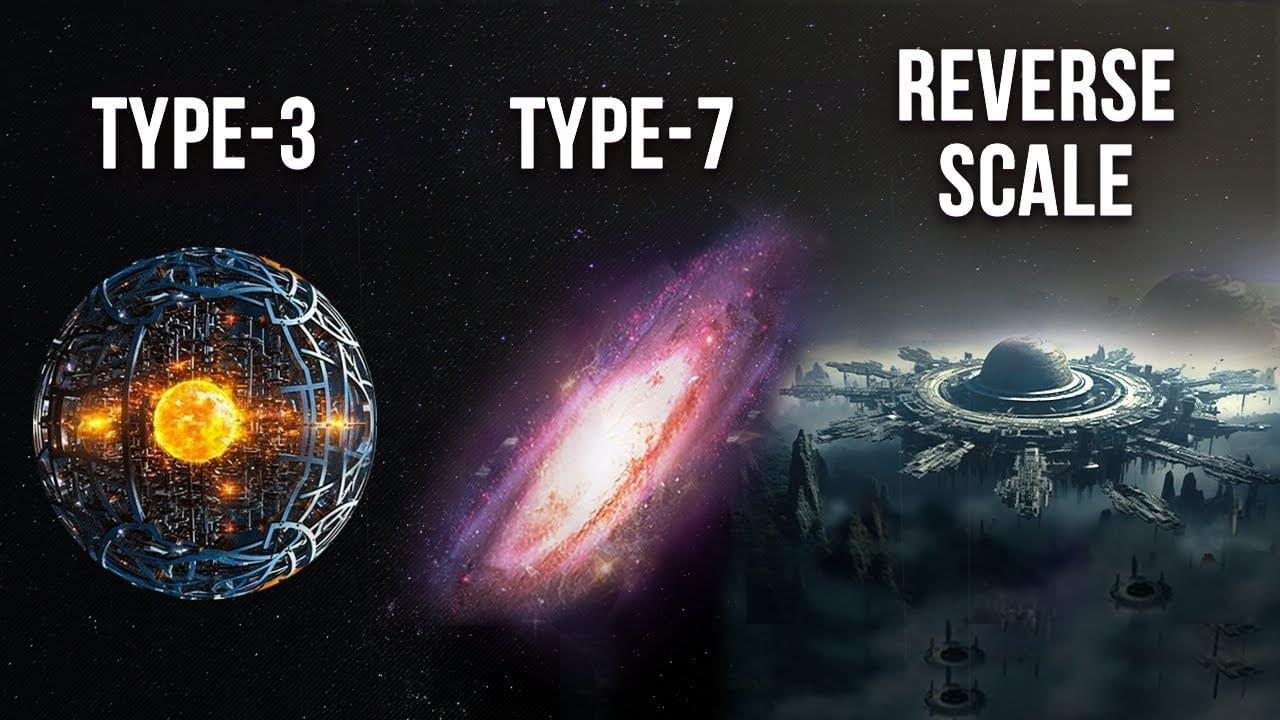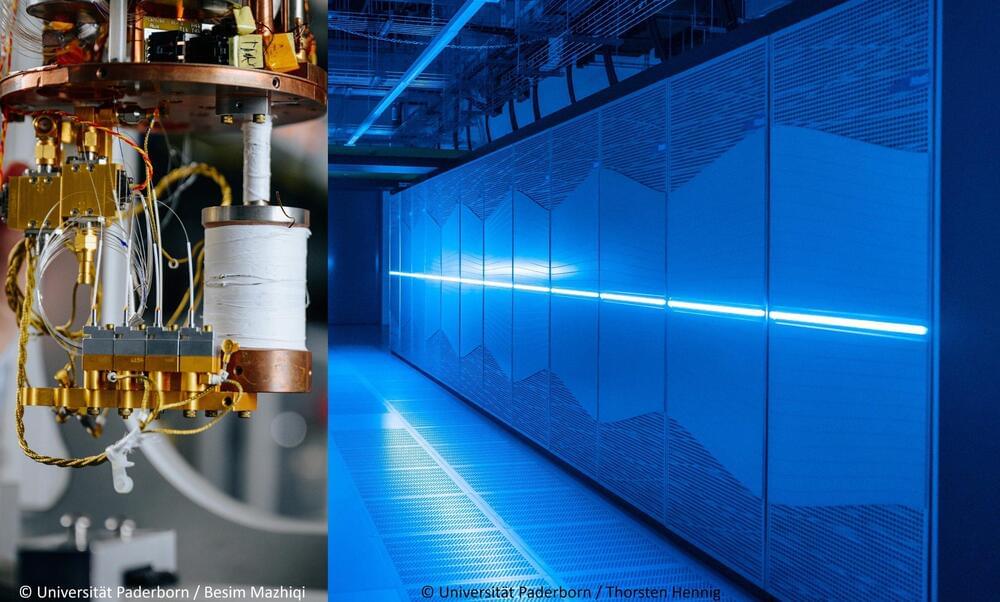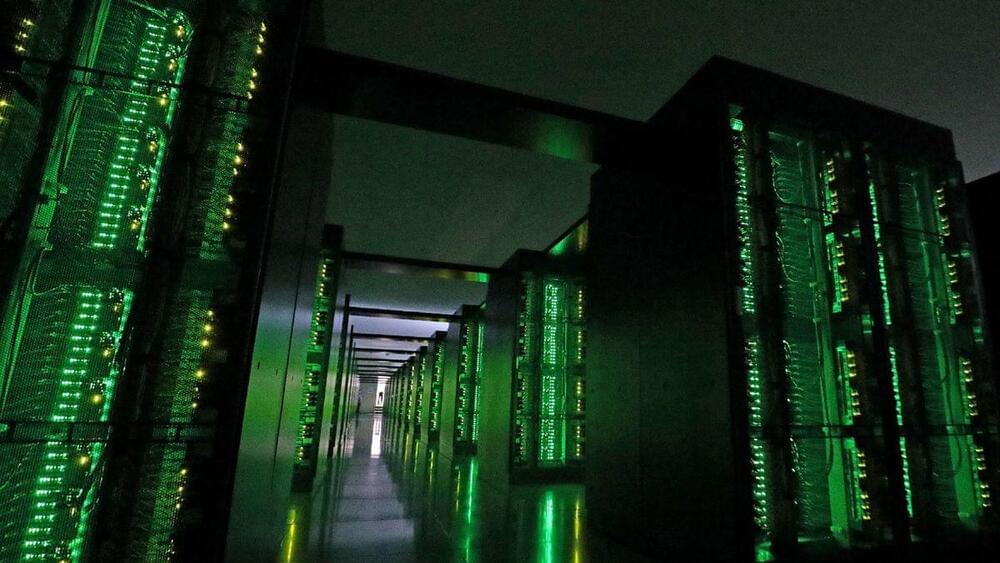Nov 15, 2024
Huang, Son Joke About SoftBank’s Early Stake in Nvidia
Posted by Cecile G. Tamura in categories: business, finance, humor, robotics/AI, supercomputing
Even the biggest investors often make terrible trading decisions for their portfolios.
At an AI summit in Tokyo on Wednesday, Jensen Huang and Masayoshi Son joked about how SoftBank was once Nvidia’s largest shareholder before dumping its stake. The two billionaires are now joining forces on a Japanese supercomputer. SoftBank, which until early 2019 owned 4.9% of Nvidia, has secured a favorable spot in line for the chipmaker’s latest products.\r.
——–\r.
More on Bloomberg Television and Markets\r.
\r.
Like this video? Subscribe and turn on notifications so you don’t miss any videos from Bloomberg Markets \& Finance: https://tinyurl.com/ysu5b8a9\r.
Visit http://www.bloomberg.com for business news \& analysis, up-to-the-minute market data, features, profiles and more.\r.
\r.
Connect with Bloomberg Television on:\r.
X: / bloombergtv \r.
Facebook: / bloombergtelevision \r.
Instagram: / bloombergtv \r.
\r.
Connect with Bloomberg Business on:\r.
X: / business \r.
Facebook: / bloombergbusiness \r.
Instagram: / bloombergbusiness \r.
TikTok: https://www.tiktok.com/@bloombergbusi…\r.
Reddit: / bloomberg \r.
LinkedIn: / bloomberg-news \r.
\r.
More from Bloomberg:\r.
Bloomberg Radio: / bloombergradio \r.
\r.
Bloomberg Surveillance: / bsurveillance \r.
Bloomberg Politics: / bpolitics \r.
Bloomberg Originals: / bbgoriginals \r.
\r.
Watch more on YouTube:\r.
Bloomberg Technology: / @bloombergtechnology \r.
Bloomberg Originals: / @business \r.
Bloomberg Quicktake: / @bloombergquicktake \r.
Bloomberg Espanol: / @bloomberg_espanol \r.
Bloomberg Podcasts: / @bloombergpodcasts

















